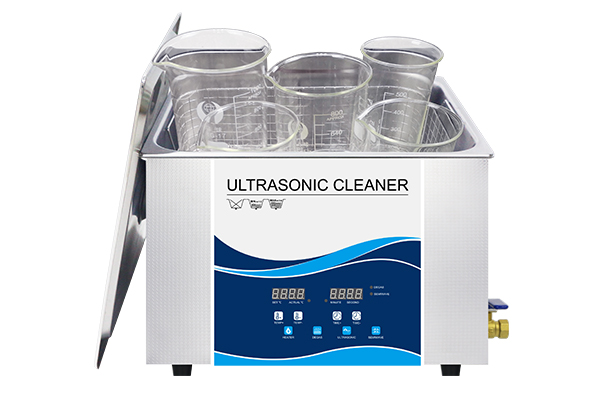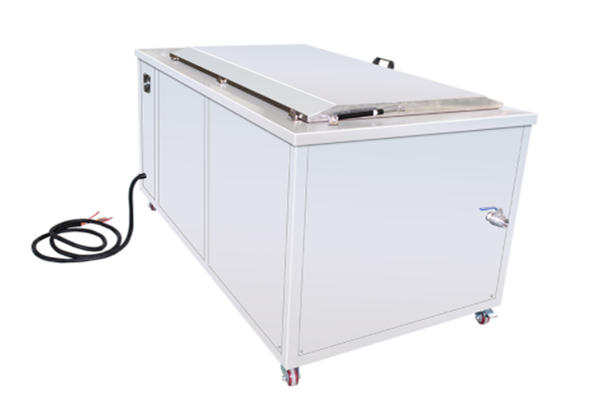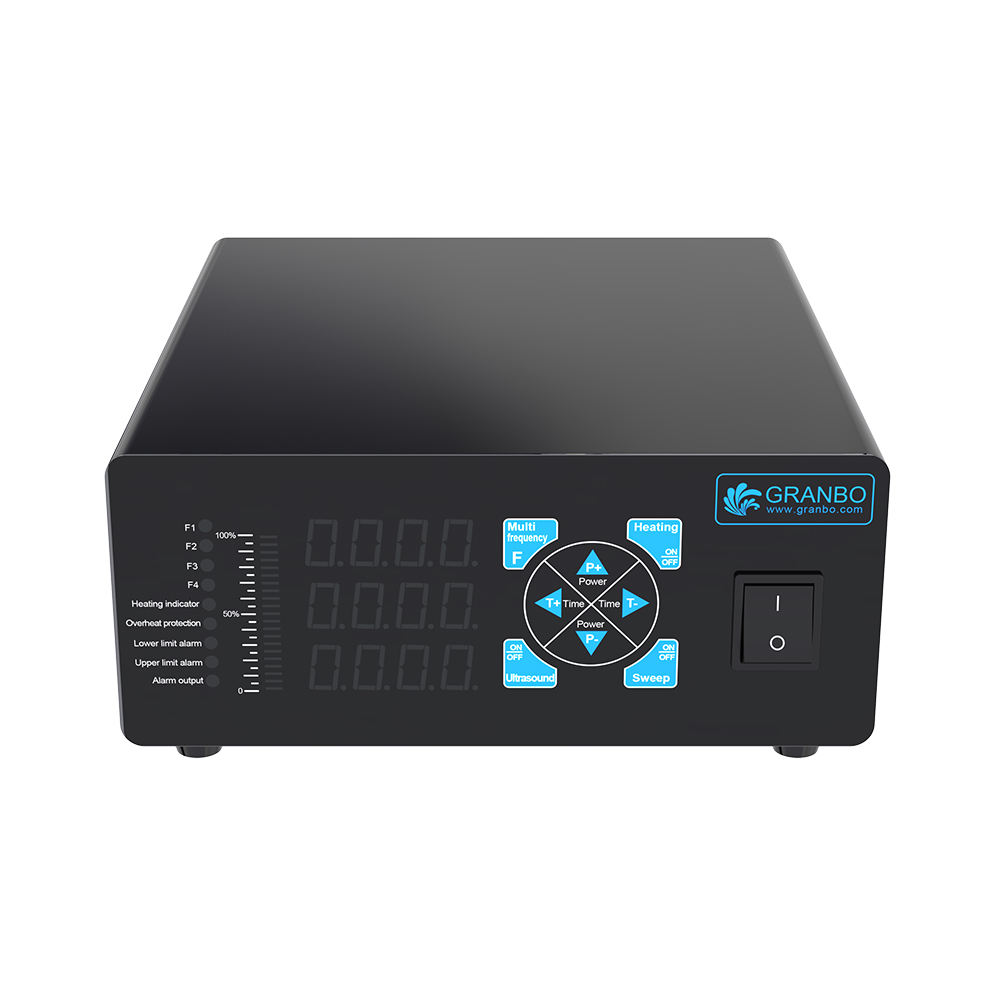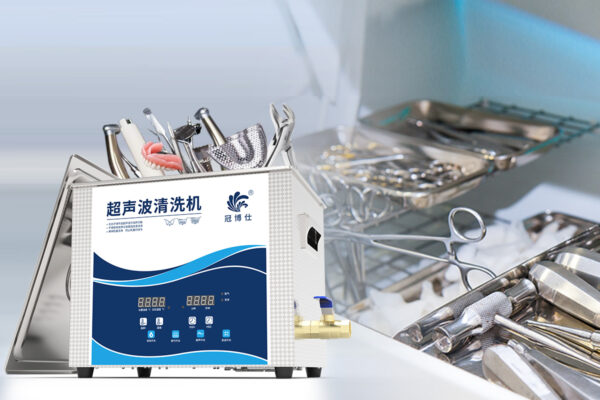Ultrasonic cleaning equipment is commonly used in laboratory settings to clean and sterilize various items, such as glassware, instruments, and parts. However, there may be concerns about whether the use of ultrasonic cleaning equipment could have negative effects on pregnant women who may be working in or near the lab.
Ultrasonic cleaning equipment operates by generating high-frequency sound waves that create tiny bubbles in the cleaning solution. These bubbles then collapse, producing intense energy that dislodges dirt and debris from surfaces. While the sound waves used in ultrasonic cleaning are not audible to humans, they can still cause vibrations that can be felt.

Studies have shown that exposure to high levels of sound waves, particularly those in the ultrasonic frequency range, can cause adverse health effects such as hearing loss, dizziness, and nausea. However, these effects typically occur after prolonged exposure to high sound levels, and the sound levels produced by most laboratory ultrasonic cleaning equipment are generally within safe limits.
With regards to pregnant women, there is limited research on the potential effects of exposure to ultrasonic cleaning equipment. However, based on the available evidence, it appears that the risks are low. According to the Occupational Safety and Health Administration (OSHA), pregnant women can safely work with or near ultrasonic cleaning equipment as long as the sound levels do not exceed 115 decibels (dB) and the exposure time is limited to no more than 15 minutes per day.
To minimize the potential risks, it is important to follow recommended safety procedures when using ultrasonic cleaning equipment in a laboratory setting. This includes ensuring that the equipment is properly maintained and calibrated, using appropriate personal protective equipment (such as earplugs or earmuffs), and minimizing exposure time to the equipment.
In conclusion, while there is a potential for exposure to ultrasonic cleaning equipment to have negative health effects, including on pregnant women, the risks are generally low as long as proper safety measures are taken. Pregnant women can safely work in or near laboratory ultrasonic cleaning equipment as long as sound levels are kept within safe limits and exposure time is limited.




